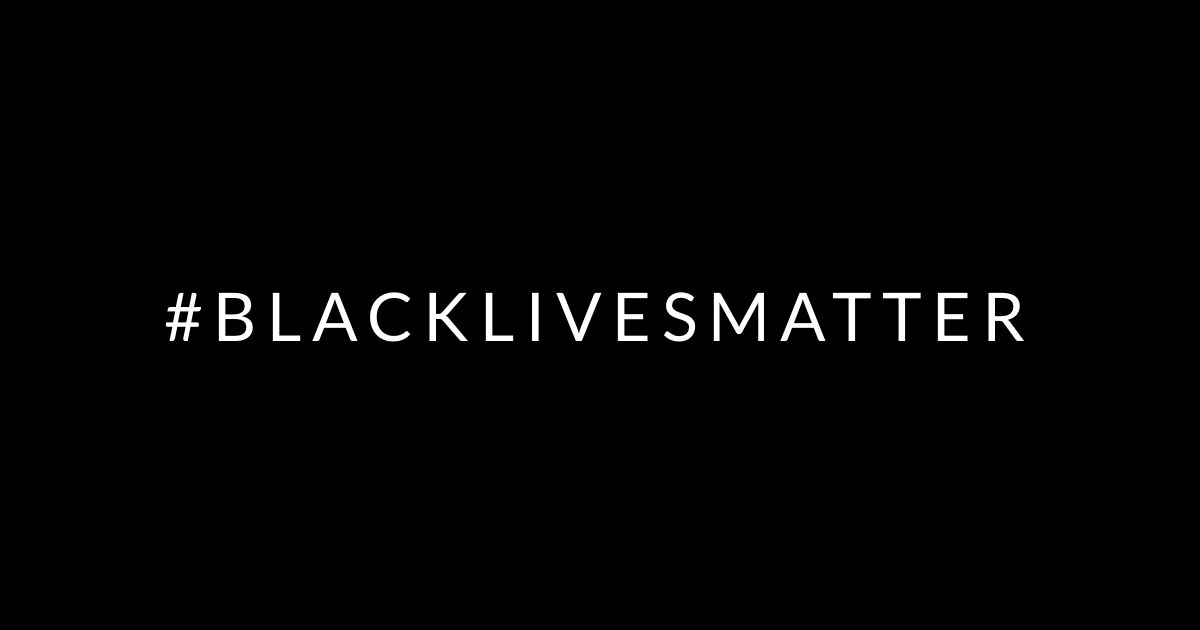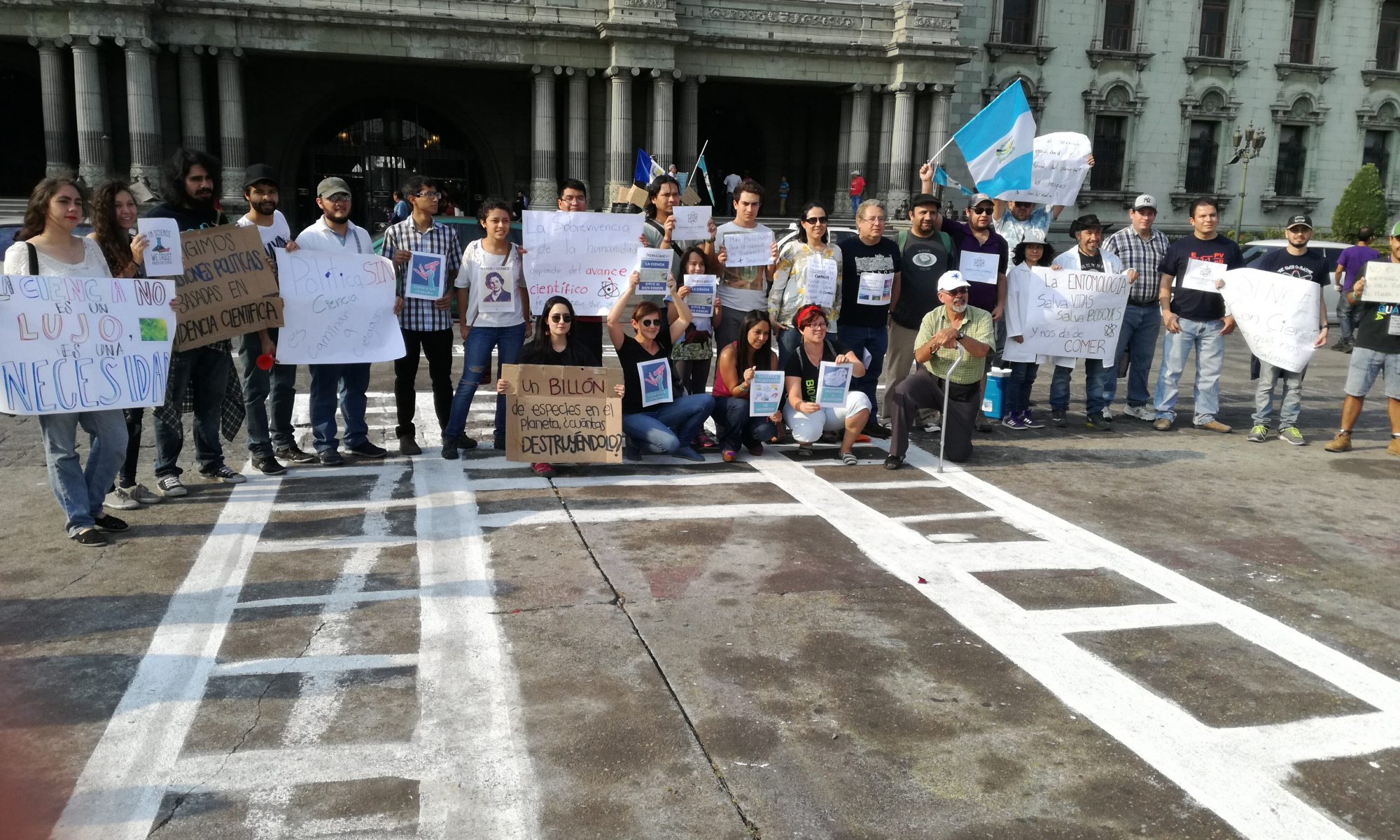Original from @marchforscience
Dear Science Advocates,
Now is the time to speak up. We condemn police brutality. We denounce white supremacy. We will work tirelessly to dismantle systemic racism, and we will center and uplift Black voices and efforts.
To our Black colleagues, friends, and family: We see you, we hear you, we support you, and we will fight for you and with you.
We join the nationwide outrage over the murders of George Floyd, Ahmaud Arbery, Breonna Taylor and too many other Black lives. We support everyone in the streets and at home protesting these injustices.
We state unequivocally, Black Lives Matter.
As science advocates, we must be honest in reflecting on the ways racism has historically permeated science. In nearly every aspect, from what kind of research gets funded, to who gets to participate in scientific advancements and who benefits from its discoveries, racism has had some degree of influence. We must not and cannot be silent about these travesties.
Even now, we cannot ignore the glaring reality that racism is a public health emergency, currently exacerbated by the COVID-19 pandemic. Racist systems make Black, Brown, and Indigenous communities disproportionately more vulnerable to infection and more susceptible to complications from COVID-19. Racism harms trust in the medical community and violent policing damages our ability to fight COVID-19. And the tactics used by the police at protests: tear gas, a lack of masks, and overzealous arrests all contribute to the spread of the virus. (Here’s a guide for reducing risks when protesting during a pandemic.)
We, as science advocates, must take action. We must speak up about racism in our labs, our schools, our institutions, and our communities, and challenge the biased and systemically racist power structures that perpetuate violence and injustice upon Black communities.
As an organization and a movement, the March For Science commits to uplifting black voices and struggles, and to center racial justice in all of our organizing.
There are so many ways to get involved to be a true ally for equality and justice. We have shared some resources below to help you.
With love, rage, and solidarity,
The March For Science Team
Resources:
Amplify:
- Black AF in STEM
- Mary Annaïse Heglar’s Green Voices of Color
Read:
- Angela Saini’s Superior
- Chanda Prescod-Weinstein’s Decolonize Science Reading List
- Open letter advocating for an anti-racist public health response to demonstrations against systemic injustice occurring during the COVID-19 pandemic
Take action:
- Write a letter to your university or employer
- Safely join a protest during a pandemic
- Help from home
- Additional Resources
- Petitions
- Donation Links
*These are just some easily accessible resources. We encourage you to find and share resources in your circles.

